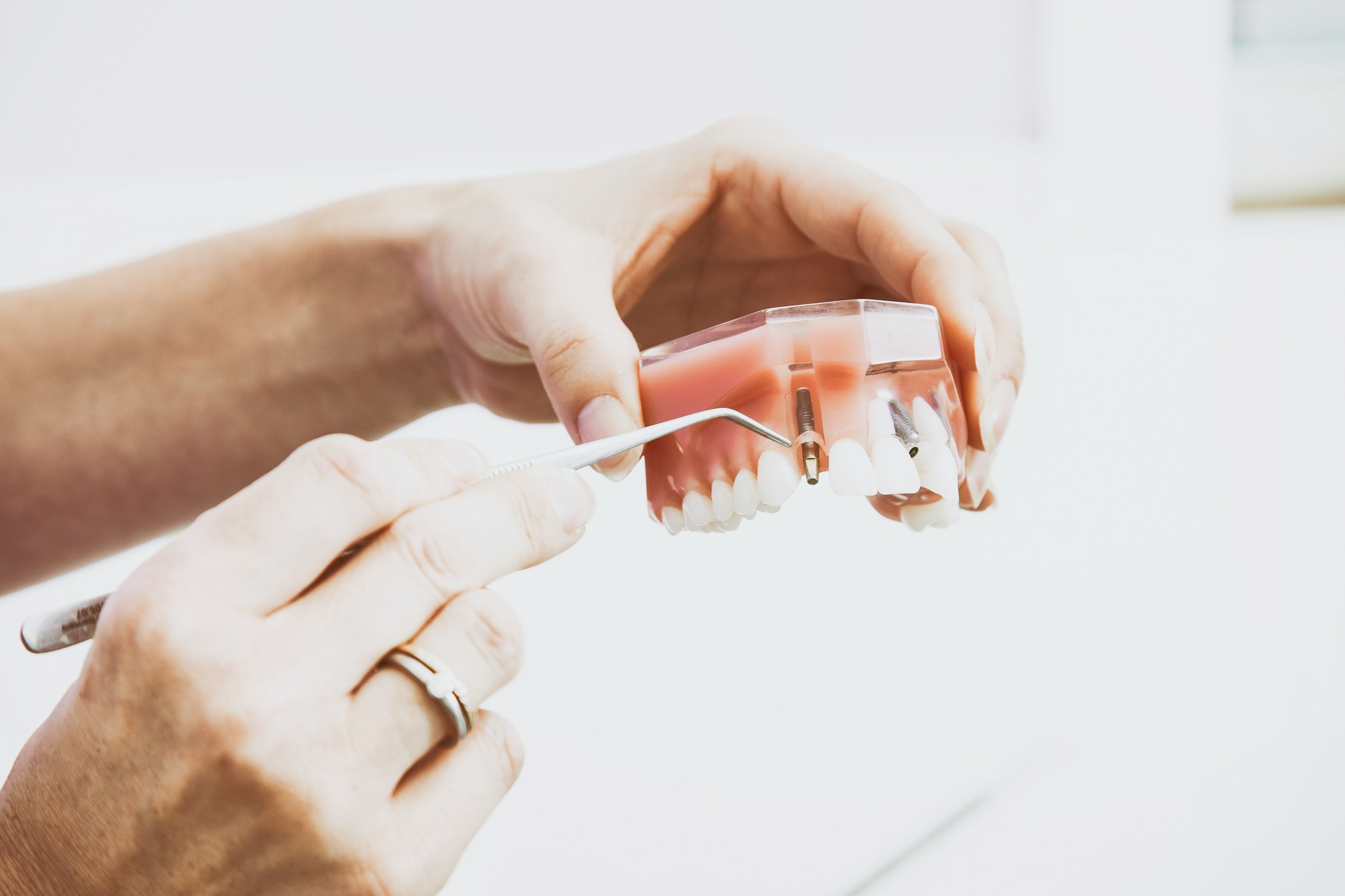 Missing teeth can affect your ability to eat and speak normally. It can significantly affect your appearance, taking a toll on your self-esteem. And it can increase the risk of further dental damage. Fortunately, restorative dentistry experts offer several tooth replacement options. Dental bridges are the best solution for one to three missing teeth. Today, patients have the choice between traditional and implant-supported dental bridges.
Missing teeth can affect your ability to eat and speak normally. It can significantly affect your appearance, taking a toll on your self-esteem. And it can increase the risk of further dental damage. Fortunately, restorative dentistry experts offer several tooth replacement options. Dental bridges are the best solution for one to three missing teeth. Today, patients have the choice between traditional and implant-supported dental bridges.
At Metropolitan Dental Care in Denver, CO, we offer both types of dental bridges. Our dentists will help you determine the best option for you, based on your current dental health, budget, and other goals. No matter which one you choose, our partner lab will fabricate a beautiful restoration that will blend perfectly with your natural teeth.
To learn more about traditional and implant-supported dental bridges and to find out which one is right for you, contact Metropolitan Dental Care today.
What are traditional dental bridges?
Traditional fixed dental bridges are made of several attached crowns. Typically, two will fit over the teeth flanking the gap in your smile. One to three entirely new crowns will fill in to replace your missing teeth. Your dentist will need to reshape the teeth which will support the bridge.
What are implant-supported bridges?
Implant-supported bridges rest on permanent implant posts, which will be surgically placed in your jawbone. As your bone heals, the posts will integrate with the surrounding tissue, becoming replacement tooth roots. Once healing is complete, your dentist will attach a bridge to the top of the posts. The number of implants will vary, usually ranging from one to three.
The Pros and Cons of Each Treatment
Both treatments can effectively replace your missing teeth. However, each offers unique advantages and disadvantages.
Traditional bridges require less treatment and recovery time. Your dentist can usually prep your teeth in one appointment and place the bridge during a second appointment. (In the meantime, you will wear a temporary restoration.) In addition, traditional bridges usually cost less, and insurance companies may cover more of the total.
On the other hand, implant-supported bridges typically last longer than standard bridges. About 72% of traditional dental bridges are still going strong after ten years. Implants, however, can last a lifetime. Furthermore, implants do not require your dentist to alter otherwise healthy teeth. They are also more stable and secure. Finally, because they replace your dental roots, implants can prevent jawbone recession, future tooth loss, and changing facial contours.
Determining Treatment Candidacy
To help you choose the appropriate restoration, your dentist will evaluate your oral health. You must have a certain amount of jawbone tissue to support dental implants. If you have sustained jawbone recession, you may need a bone graft before implant surgery. Similarly, gum disease can compromise dental implants, so your practitioner may recommend periodontal care beforehand.
To receive a traditional bridge, the teeth on either side must be strong enough to support the restoration. If they have suffered previous decay or structural damage, implants may be a better option.
Learn More about Traditional and Implant-Supported Dental Bridges
To find out which type of dental bridge is right for you, contact Metropolitan Dental Care today.
Request an appointment online or call us at 303-534-2626.

